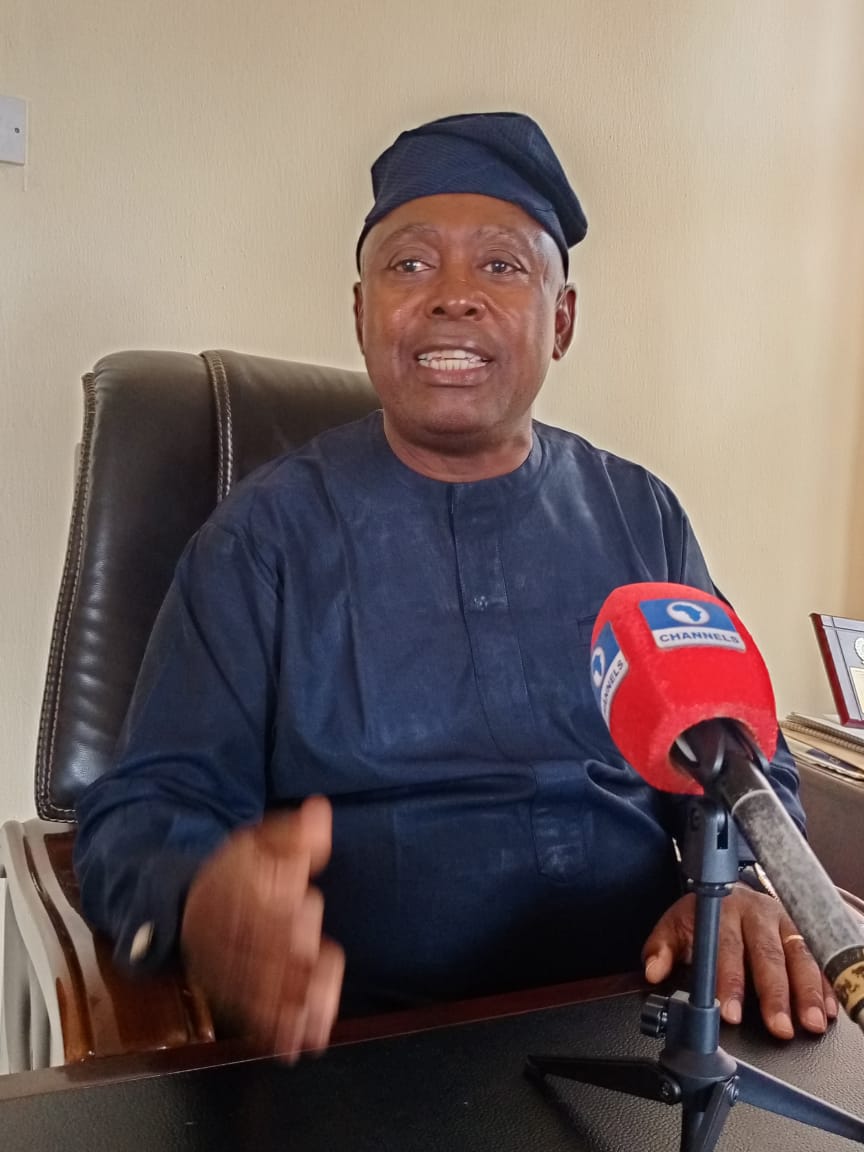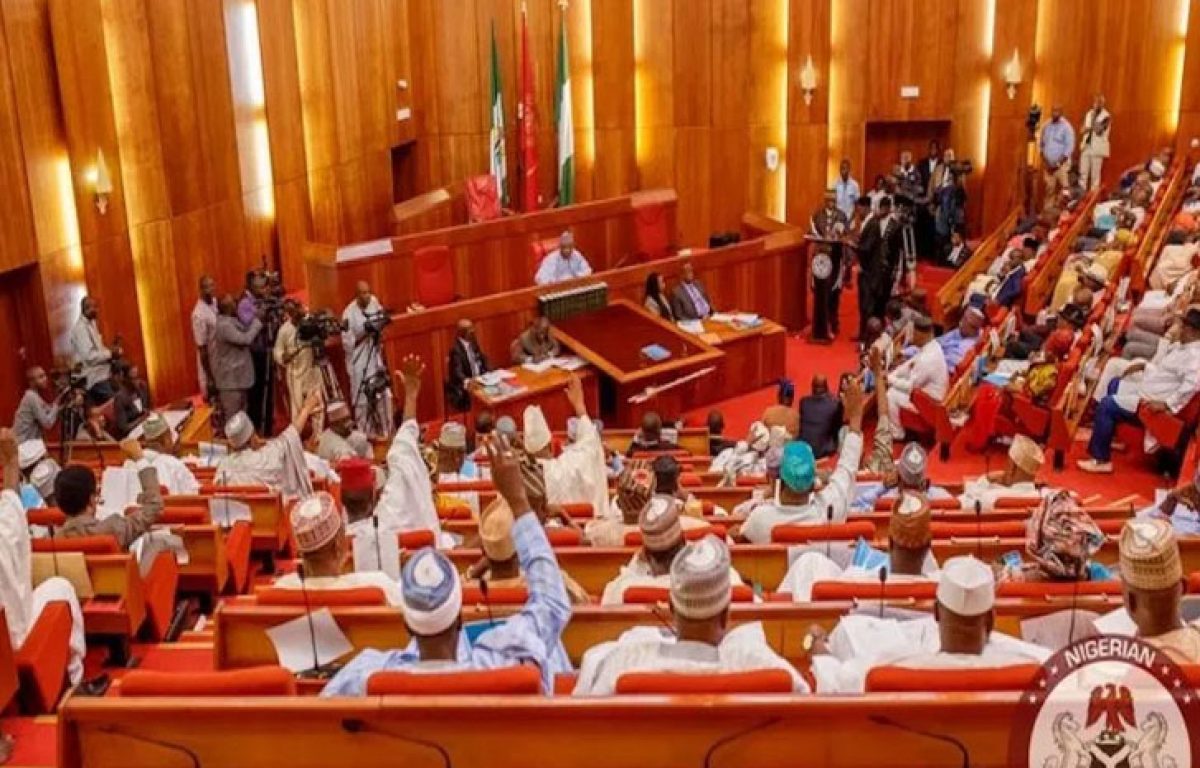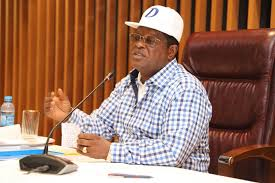Business
Fuel scarcity looms over pricing disagreement between IPMAN, NNPCL

Stephen Olufemi Oni, Ilorin
Fuel scarcity is imminent across the country over pricing disagreement between members of the Independent Petroleum Marketers Association of Nigeria (IPMAN) and the management of the Nigeria National Petroleum Company Limited (NNPCL).
Speaking with journalists on Friday in Ilorin, the Kwara State capital, the IPMAN national Public Relations Officer (PRO), Alhaji Okanlawon Sulaiman Olanrewaju, said the current price which the NNPCL is imposing on marketers is outrageous and may cause another round of fuel scarcity across the country.
The IPMAN spokesperson, who said that NNPCL wants to sell at N1,010 to marketers, lamented that the NNPCL price is even higher than what it sells at its outlets.
He said: “The problem IPMAN is facing in the downstream oil sector is confounding. We realise that what NNPCL is imposing on us is too much. NNPCL is the sole off taker from Dangote oil refinery and the amount the NNPCL wants to sell to us is too high.
“NNPCL wants to sell at N1,010 to IPMAN. This price is even higher than what NNPCL sells at their retail outlets after including transportation cost. That’s a very difficult situation they are putting us. We may not be able to survive in that kind of situation because we’ll have to sell to same members of the public. Definitely, it’s like they want to tag us as bad marketers.”
Okanlawon, who described the situation as unacceptable to marketers, added: “We don’t really know why they are doing that but definitely, we’ll not accept it. It won’t work.
“Presently, our members have paid a lot of money about N15 billion into NNPCL account for months and they’ve not given us the product. This is for about two to three cargoes at the old price of N750 per litre. And now they want to increase the price after about three or four months.
“They’ve asked us to top up the money paid to them before we pick the product. And that’s what they have been doing always. We cannot continue doing that. Our President has instructed that every member of the IPMAN should stay put until further notice as we’ll be having our NEC meeting on Wednesday next week. It means that marketers will not pay that money until our discussion.”
While lamenting the situation, the IPMAN spokesperson said marketers take loans for business in banks, adding that the loans attract high interest rate.
“Economically, what they want us to do doesn’t sound well. Because we sourced the money from banks and we’re paying money on it. We all know the way interest rate is going up in banks. They also go to banks even with better negotiation powers than us individual marketers,” he lamented.
The IPMAN official, who agreed that the stay off directive by the leadership of the association to marketers could lead to non- availability of fuel in circulation, said it is likely to disrupt distribution of fuel, “because by the time we didn’t pick product for sometime and we start exhausting what we have, definitely, there’s going to be scarcity”.
He was also against the call for return to fuel subsidy regime, saying: “Returning to the subsidy era will distort all the processes already in place.
“Achievements have been made. There may be some hitches along the line, but it’s better we take these steps. It may be tough now. The step the government is taking is good. By the time we’re in full deregulation, it’s going to bring about real competition in the downstream oil sector which is good for the economy. NNPC should not be the sole off taker of Dangote fuel. If it’s opened up, the price would be crashing down. We the IPMAN members are not finding it easy because we can’t plan our business.”
Business
Senate Committee Commends Tinubu on Launch of National Halal Economy Strategy to Tap $7.7trn Global Market*

The Senate Committee on Finance has commended President Bola Ahmed Tinubu for launching Nigeria’s National Halal Economy Strategy, describing it as a bold and strategic move to position the country within the lucrative global halal market, estimated at $7.7 trillion.
In a statement signed by its Chairman, the committee praised the initiative as timely and aligned with international best practices. Several countries—including the United Kingdom, Canada, Australia, Malaysia, Indonesia, Saudi Arabia, the United Arab Emirates, Turkey, Brazil, Thailand, and Singapore—have successfully used halal frameworks to boost manufacturing, agricultural exports, financial markets, and foreign investment.
The committee highlighted Nigeria’s strong advantages for success in this space, including its vast agricultural resources, large domestic market, youthful population, growing manufacturing sector, and expanding services industry.
It noted that the strategy fits seamlessly into the Tinubu administration’s broader economic reforms, such as boosting non-oil revenue, diversifying exports, creating jobs, supporting small and medium enterprises (SMEs), and increasing foreign exchange earnings.
President Tinubu, represented by Vice President Kashim Shettima, officially unveiled the strategy on Thursday, February 6, 2026, at the Presidential Villa in Abuja.
The framework, developed in collaboration with Saudi Arabia’s Halal Products Development Company (HPDC) following a bilateral agreement signed in February 2025 at the Makkah Halal Forum, aims to enhance quality standards, certification processes, and competitiveness across sectors like food, pharmaceuticals, cosmetics, tourism, and ethical finance.
The committee described the strategy as inclusive, market-driven, and globally oriented, while fully respecting Nigeria’s diverse and pluralistic society.
It is projected to contribute significantly to the economy, with estimates suggesting it could add around $1.5 billion to Nigeria’s GDP by 2027 and unlock billions more in domestic value over the coming decade through expanded exports and investment.
The Senate Committee on Finance pledged its full legislative support, oversight, and cooperation to ensure smooth implementation, regulatory clarity, and long-term fiscal sustainability in the national interest.
“This decisive step reinforces Nigeria’s readiness to adopt proven international models, unlock new economic frontiers, and establish itself as a competitive player in the evolving global economy,” the statement concluded.
Business
Ex-Naval Chief Named in ₦100m Property Transaction Dispute
A property transaction dispute has emerged involving Zoe New Dawn Nigeria Limited and a former Chief of Naval Staff, following claims by the company’s chairman, Engr. Dr. Stephen Achema Akpa, that a ₦100 million payment made for land was not followed by a transfer of ownership.

According to Akpa, the payment was made in connection with a land transaction reportedly facilitated by the former naval chief. He alleged that despite documented payments, the land in question was neither transferred to the company nor was the money refunded.
Akpa said Zoe New Dawn Nigeria Limited possesses transaction records and related documents which, he claims, support its position in the dispute. He added that the company has initiated steps to seek redress through appropriate legal channels.
The matter has drawn attention due to the profile of the parties involved, particularly against the backdrop of recurring disputes linked to land ownership and property transactions in Nigeria’s real estate sector.
Industry observers note that unresolved land transactions remain a common source of litigation, often arising from disagreements over title documentation, intermediaries, and contractual obligations.
Zoe New Dawn Nigeria Limited stated that it intends to pursue the matter through lawful means to determine liability and recover any funds deemed outstanding.
As of press time, no official response had been issued by the former Chief of Naval Staff regarding the allegations. The dispute has not yet been confirmed as the subject of any court proceedings.
Business
Umahi Inspects Lekki Corridor’s 7th Axial Road Project, Expresses Confidence in CHEC

Minister of Works Senator Dave Umahi over the weekend inspected the progress of the 7th Axial Road project in the Lekki Corridor of Lagos.
The project, located behind the Dangote Refinery, is a crucial cargo handling route for the Lekki Deepwater Port and connects the Lekki Corridor with the Sagamu route.
The Minister expressed confidence in China Harbour Engineering Company Limited (CHEC), the project’s contractor, citing its successful delivery of the Lekki Deepwater Port and high-quality progress on the Makurdi-Enugu road reconstruction and expansion project. Umahi instructed that the roadbed filling work for Project LOT1 be completed by the end of April and directed the project team to accelerate resource input and tangible works to meet the deadline.
The 7th Axial Highway is expected to synergize with key infrastructure projects like the Coastal Road, Dangote Road, and Lekki Port, creating a comprehensive transportation hub model and boosting Nigeria’s port economy and industrial corridor. Umahi emphasized the need for environmental protection agencies to ensure efficient construction and steady progress while maintaining ecological safety.
A representative of CHEC who spoke during the inspection stated that the company would maintain a high level of resource input, implement the Minister’s directives, and coordinate safety, quality, and environmental protection to ensure the project’s timely and high-quality completion in other to unluck its port relief and regional economic benefits.
-

 Uncategorized5 years ago
Uncategorized5 years agoFG, states urged to harness flooding for ranching, others with technology – Agbaje
-

 Headlines10 years ago
Headlines10 years agoBreaking: EFCC seals Borno House of Assembly, as Hon members take to their heels
-

 News12 years ago
News12 years agoNigeria Security Operatives Stage Manhunt For Homosexual Perpetrator
-

 News9 years ago
News9 years agoHow 21-year-old Girl fled community over accusation of lesbianism
-

 News10 years ago
News10 years agoYobe Gov Moves Against Deputy
-

 Opinion7 years ago
Opinion7 years ago7 signs she has friend zoned you
-
Technology4 years ago
Online job placement company headhunts women
-

 Headlines10 years ago
Headlines10 years agoBorno Dep Gov Abducts Another Church Leader





